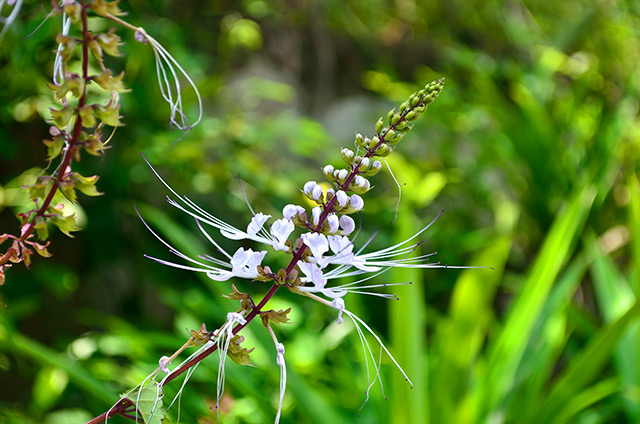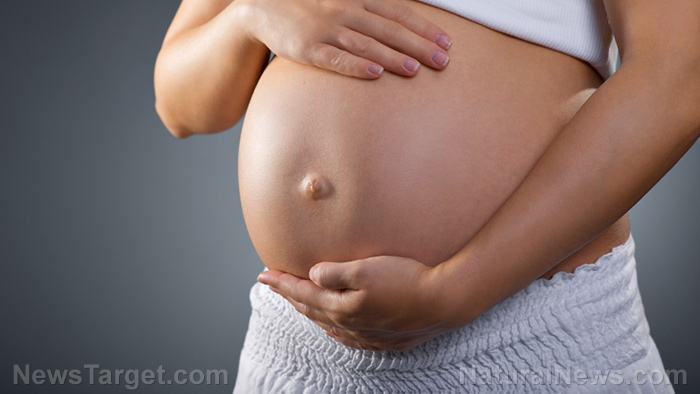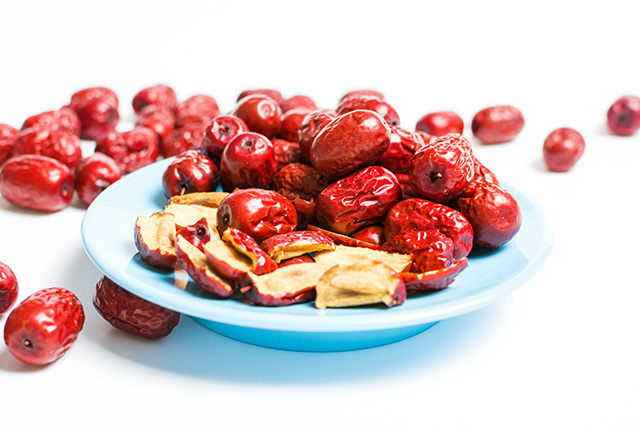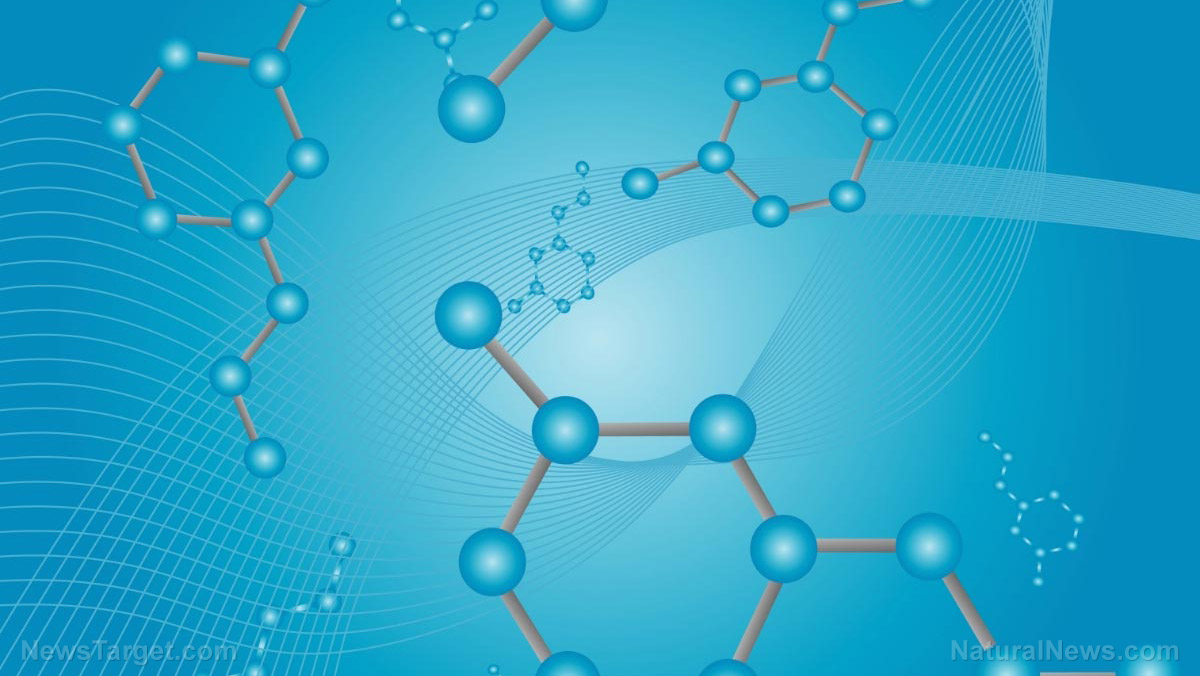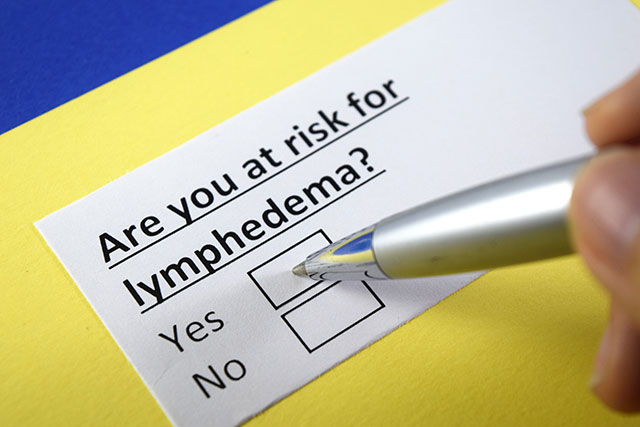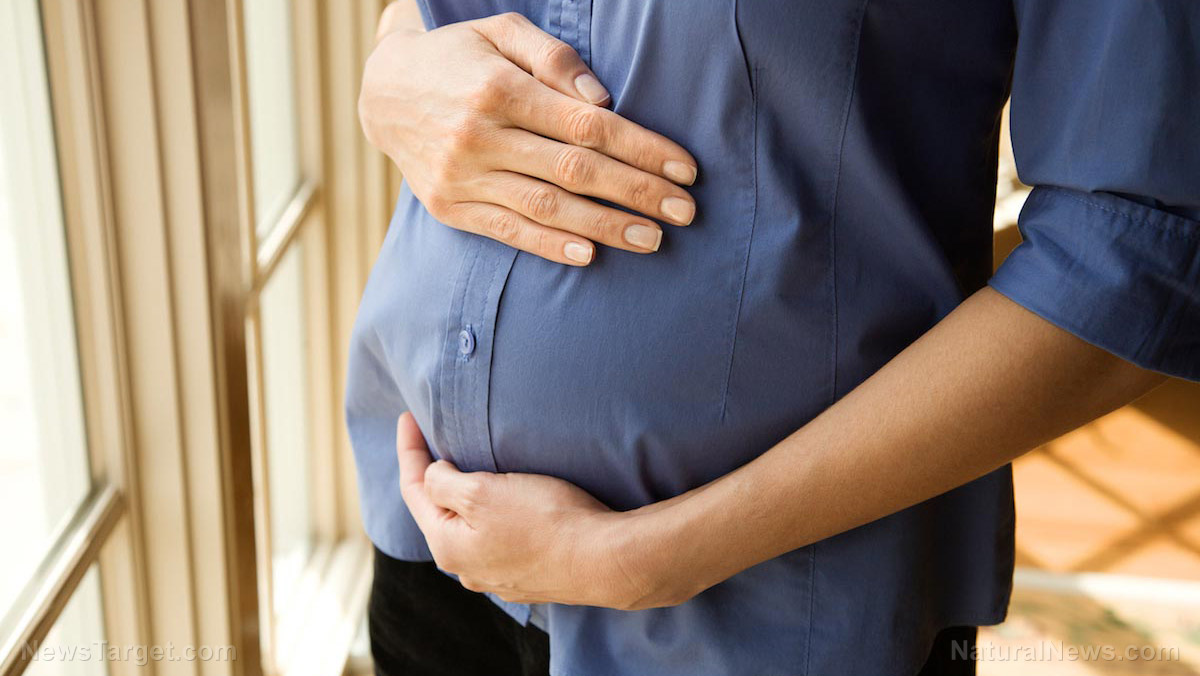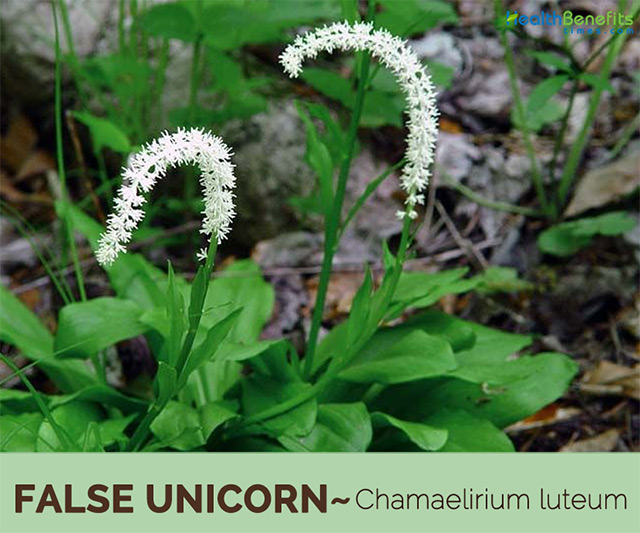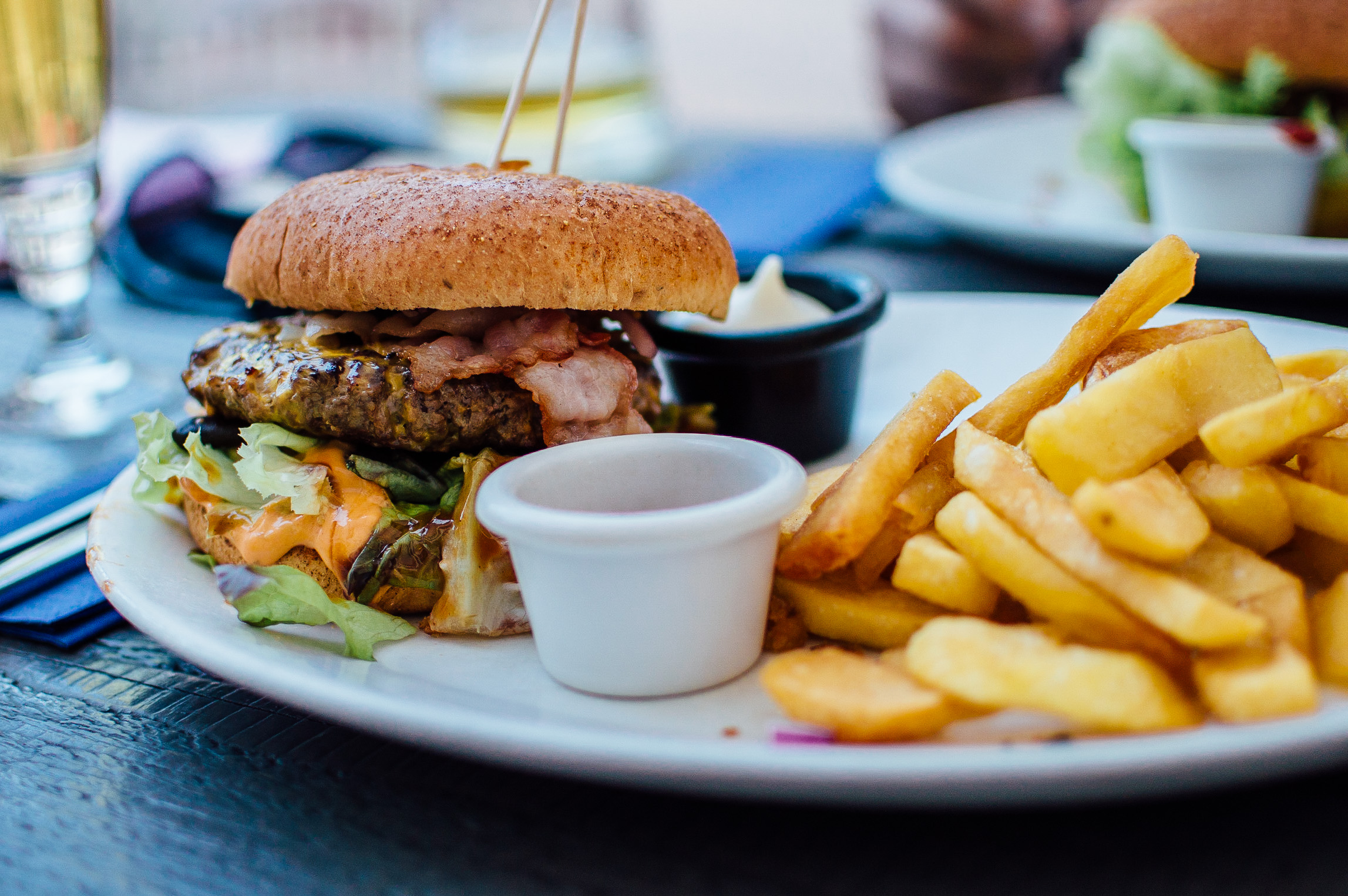Extreme surgery solutions: Hysterectomy for endometriosis has dangerous side effects, especially for those under 35
09/17/2018 / By Rhonda Johansson

Endometriosis is an extremely painful reproductive disorder in women that occurs when tissue that should form in the uterus grows outside of it. These tissues act as they would inside the uterus – they thicken and shed itself off during each menstrual cycle. However, because these tissues have no way to exit the body, the tissues become trapped inside and eventually become inflamed. This can result in the development of scar tissue and adhesion that can cause pelvic tissue and organs to stick to each other.
The condition is painful and can lead to infertility and excessive bleeding during one’s menstrual cycle. Endometriosis can likewise affect a woman’s sex life.
There is currently no known cure for endometriosis. This has led to a growing number of otherwise healthy women – those younger than 35 with no other medical conditions – to opt for a hysterectomy, which is when doctors surgically remove all or part of the uterus.
Such was the case of 31-year old actress Lena Dunham who recently removed her cervix and uterus to end the years of chronic pain she had come to associate with endometriosis. Dunham still kept her ovaries.
The actress’ decision to remove her uterus has been met with mixed reactions. On one side, people say that the actress had initially tried various alternative treatments such as pelvic floor therapy, acupuncture, and yoga to no effect. The hysterectomy was her last choice. On the other hand, doctors have warned that having such a major procedure, and at such a young age, could increase the risk of other conditions such as early osteoporosis, menopause and hormonal disruptions.
Having a hysterectomy before the age of 35 heightens the risk of congestive heart failure by a massive 400 percent. Scientists have also said that removing the uterus at an early age could double the risk of coronary artery disease. The cause lies in the intricate, and still not fully understood, relationship between hormones and health.
New research highlights this even further. Gynecologists have warned that hysterectomies done before the age of 35 increased a woman’s chance of:
- Being obese by 18 percent;
- Having lipid abnormalities by 14 percent; and
- Suffering from high blood pressure by 13 percent.
Dr. Shannon Laughlin-Tommaso, who is an associate professor of gynecology at Mayo Clinic said, “We know there are long-term health risks for an oophorectomy [removal of the ovaries], but recently there has been some thought that a hysterectomy could affect health…as well.”
Dr. Laughlin-Tommaso said she was surprised by how strong the correlation was.
Dr. Lauren Streicher, author of “The Essential Guide to Hysterectomy” said that while endometriosis affects around 176 million women worldwide, hysterectomies should never be considered as the first line of defense. She further clarifies that removing the uterus does not cure the condition. There are women who still suffer from endometriosis who don’t have a uterus.
“Unless they take out the ovaries you’re not curing endometriosis,” stated Dr. Streicher.
This is because the ovaries produce estrogen which can stimulate any remaining endometrial tissue found in the body.
Try these first
Each woman is different. We cannot comment on Dunham’s situation, but for every one case where alternative treatments do not work, there are hundreds more where taking the natural route provides relief to symptoms. Before thinking about removing a major organ to heal your pain, consider these natural treatments and therapies.
Omega-3 fatty acids – There are medical data that suggest that omega-3 fatty acids can help women with endometriosis. The fatty acid reduces inflammation and reduces the growth of endometrial tissue.
Practice mind-body exercises – Endometriosis is heavily linked to hormonal imbalance. This can be influenced by stress levels. Doctors recommend practicing meditation to reduce stress levels. These exercises also help manage pain.
Change your diet – More evidence proves that exposure to environmental chemicals can cause hormonal imbalances that can lead to endometriosis. To cut down your exposure, switch to more organic food. Women should likewise increase their intake of celery, broccoli, kale, and bok choy to improve their estrogen metabolism.
Read more about the goodness of natural foods and other alternative treatments at Cures.news.
Sources include:
Tagged Under: cervix, congestive heart failure, coronary artery disease, endometriosis, estrogen, fallopian tubes, high blood pressure, hormones, hysterectomies, lipid abnormalities, obesity, oophorectomy, reproductive disorders, uterus, women's health





